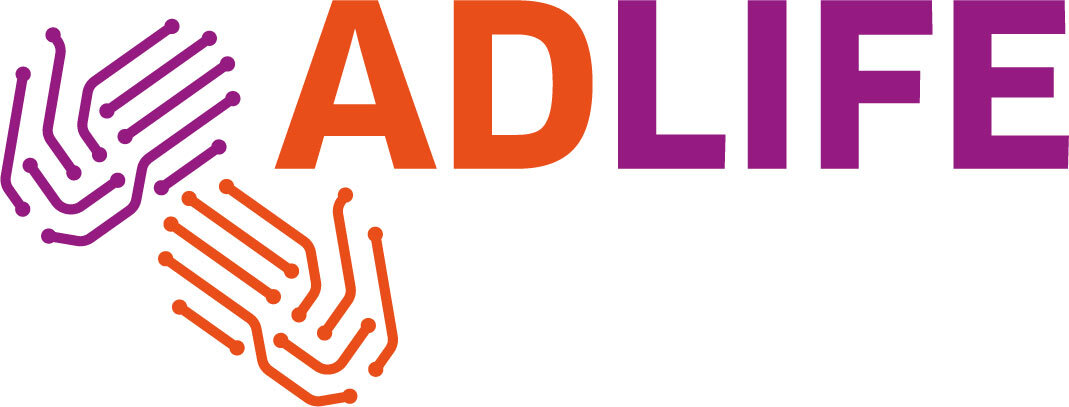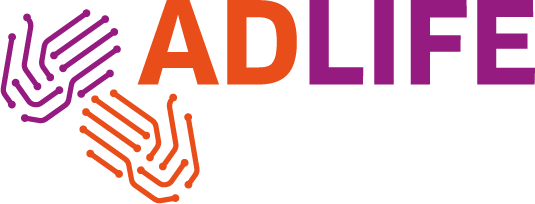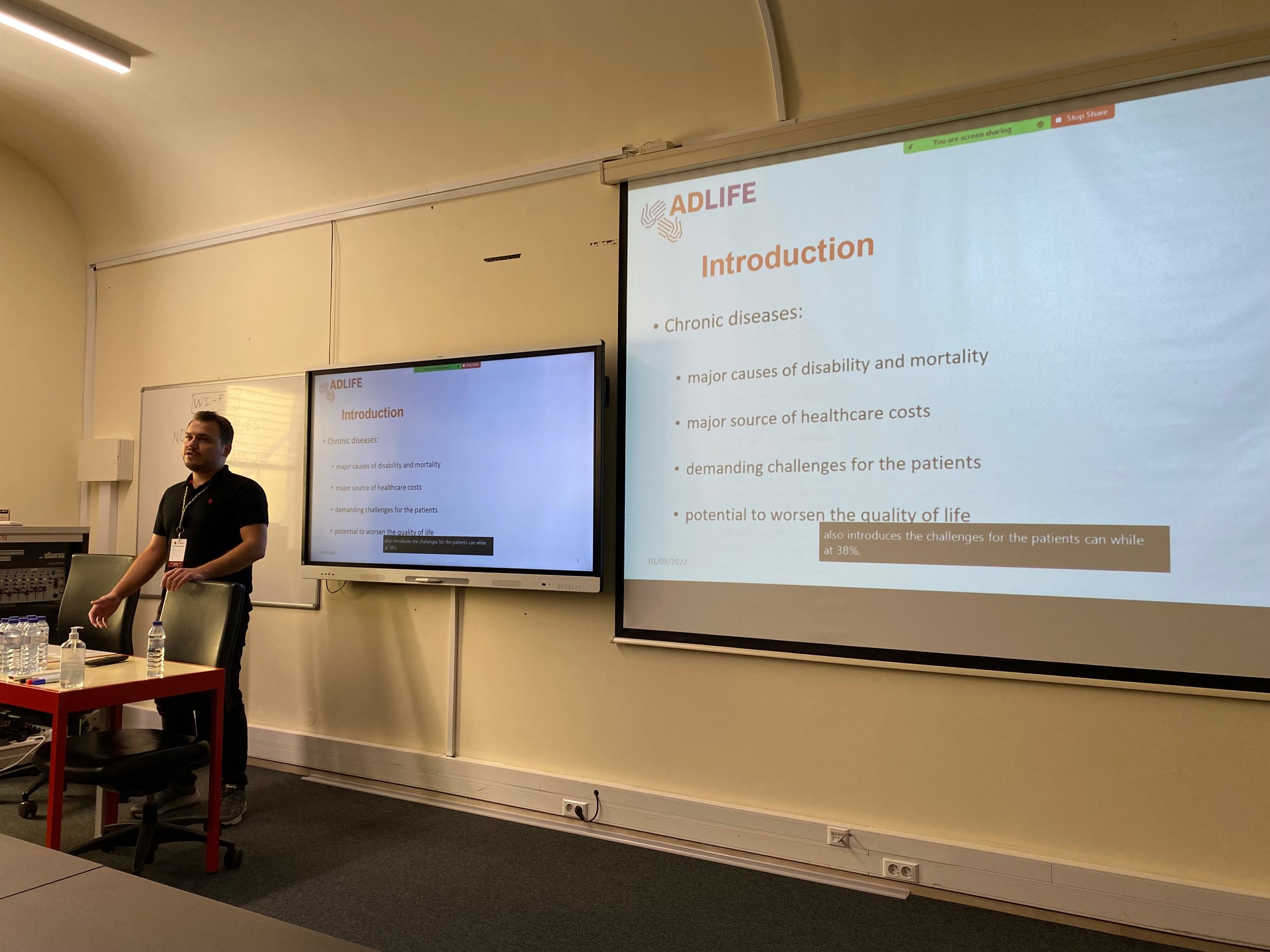Enabling Patient Adherence via Personalised, Just-in Time Adaptive Interventions in ADLIFE Architecture
On September 1st 2022, ADLIFE consortium partner SRDC presented their paper on Patient Empowerment Platform’s patient adherence support mechanisms during the DSAI 2022 Conference (Software Development and Technologies for Enhancing Accessibility and Fighting Info-exclusion), held in Lisboa, Portugal. During their presentation, they introduced the technical architecture that enables the delivery of digital personalised, just-in time adaptive interventions (JTAI) to chronic disease patients to remind and motivate them to follow their care plan.
Abstract
Chronic diseases introduce challenges for the patients to continuously be involved in their care activities and manage the changing requirements of their disease. Patient empowerment activities are a critical component to assist patients in their long-term care journey. In the ADLIFE project (H2020, SC1-DTH-11-2019, 875209), an integrated care planning approach is used where patients are assigned various care plan activities by multidisciplinary care teams. To increase patients’ adherence to the care plan, a continuous behavioural monitoring architecture is developed for delivering digital personalised, just-in time adaptive interventions.
Key discussion points
The paper outlines the respective data model for behavioural monitoring, JTAI content, and the presentation of JTAI architecture.
Self-motivation and behavioural change interventions can be implemented in a standard based approach based on HL7 FHIR.
Real-time tracking of a patient’s care plan activity achievements can be successfully implemented on an HL7 FHIR based care plan management architecture.
The technical architecture of the continuous behavioural monitoring platform and JTAI delivery engine and the intervention delivery rules are ready to be piloted.
Next Steps
Within the scope of the ADLIFE project, the system and its integration with care planning systems will be validated in seven pilot sites involving 577 healthcare professionals from 75 different hospitals, clinics and primary care services. The usability and acceptance of the technology, by patients, and the effectiveness of the behavioural interventions on patient’s adherence will be assessed during pilot studies with 882 patients and 1243 caregivers.


